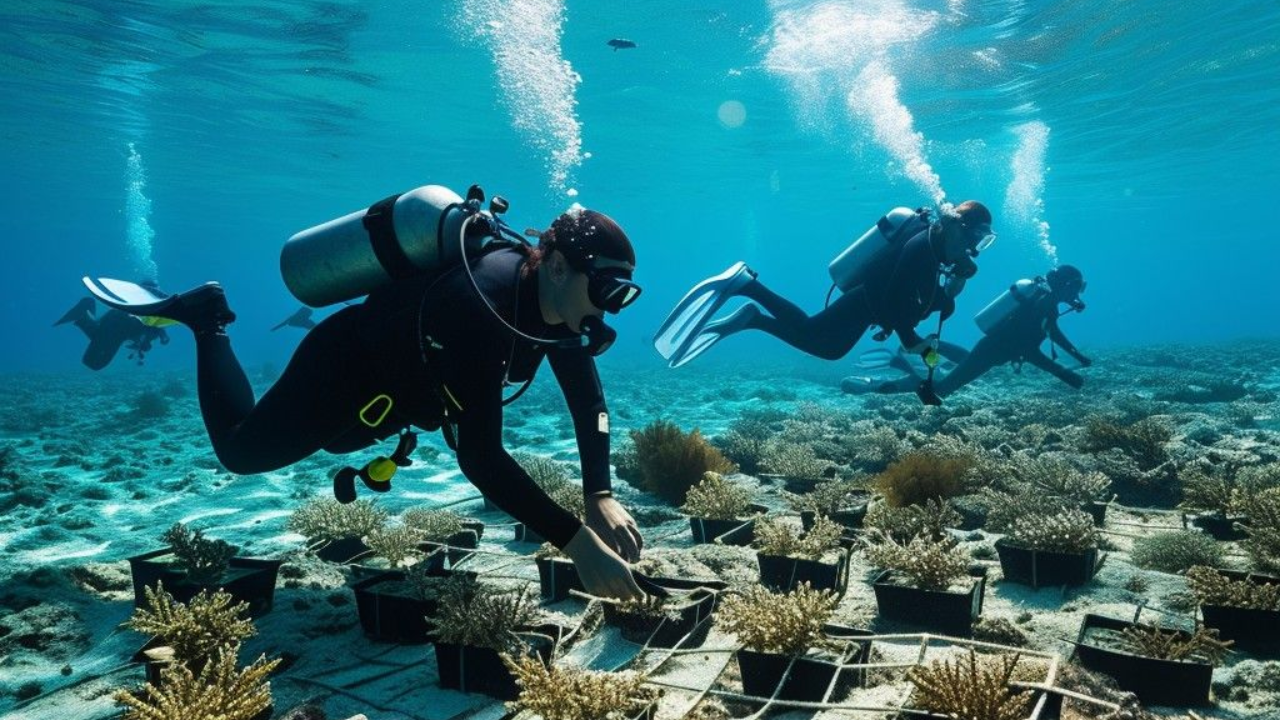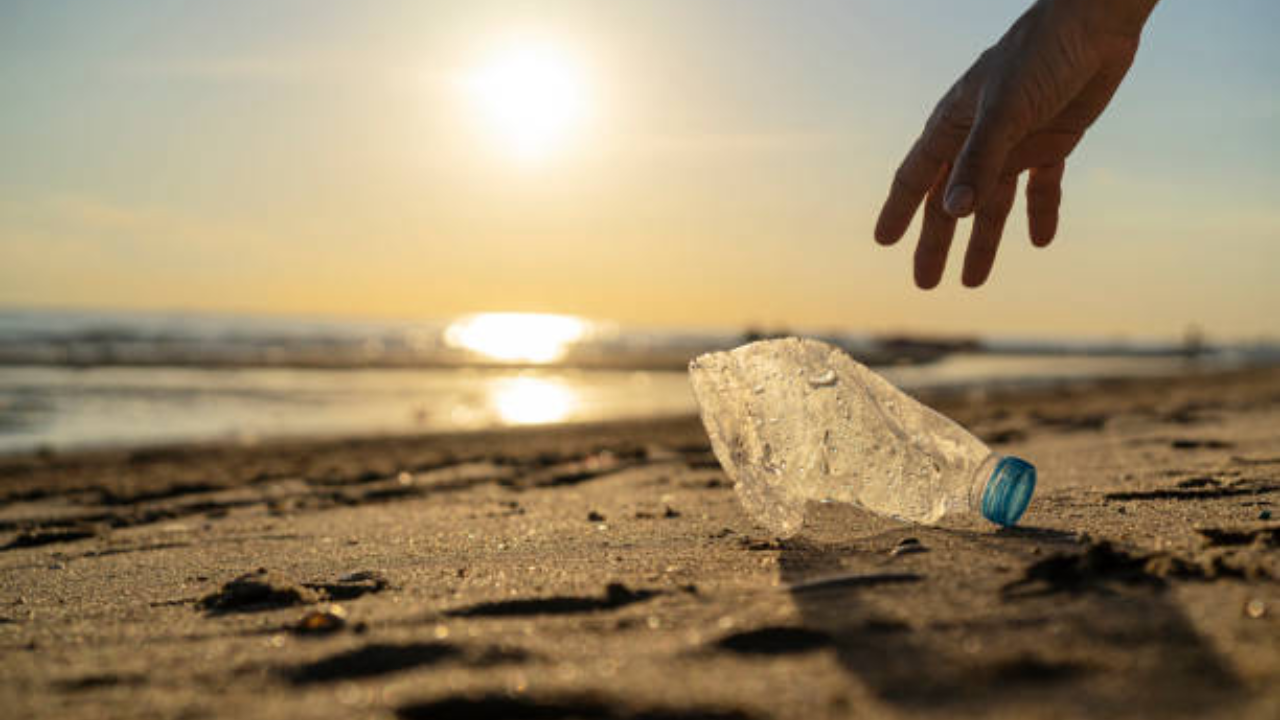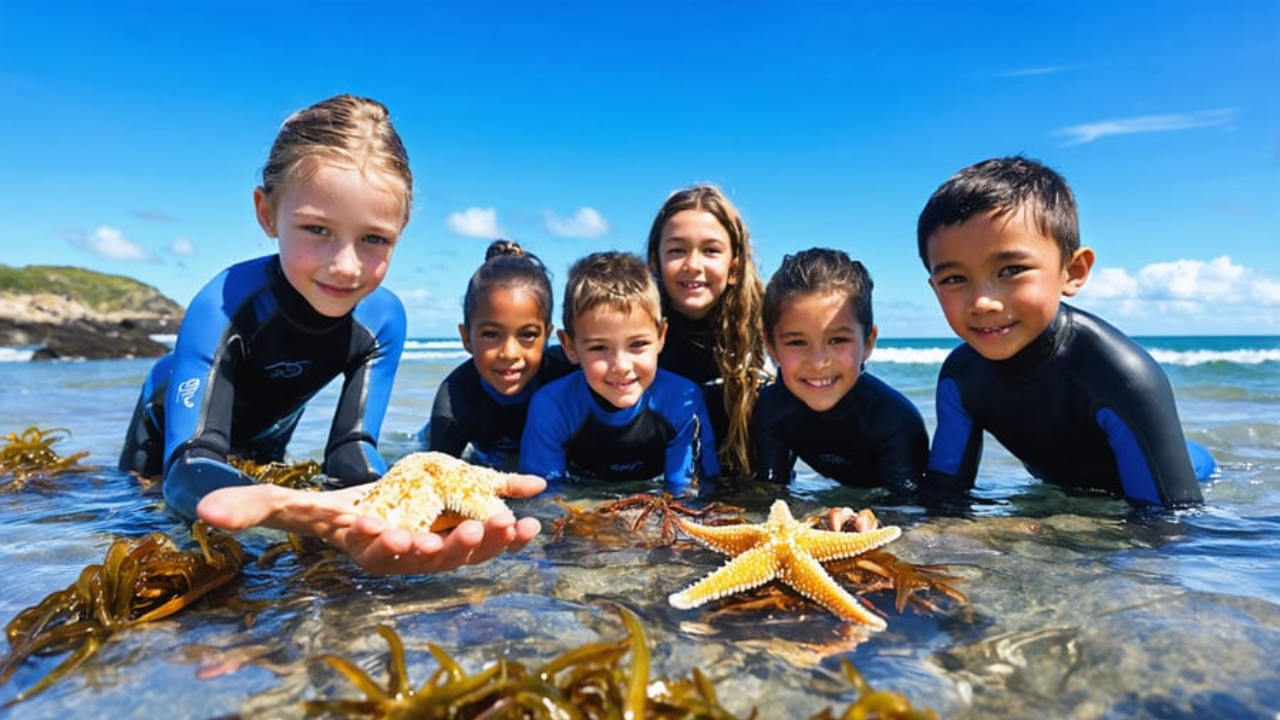The ocean covers more than 70% of our planet Marine Conservation Travel , yet its beauty and biodiversity are under threat. From coral reefs to marine life, the oceans are crucial to the health of our planet, but overfishing, pollution, and climate change are rapidly destroying marine ecosystems. As travelers, we have the unique opportunity to help protect our oceans while enjoying them.
Marine Conservation Travel is an emerging movement that focuses on exploring the ocean while minimizing environmental impact and contributing to its preservation. In this article, we’ll explore how you can travel responsibly, support marine conservation efforts, and make a positive impact during your next trip.

🌊 What is Marine Conservation Travel?
Marine Conservation Travel refers to eco-friendly travel experiences that prioritize protecting the ocean and marine life. It focuses on responsible tourism that supports initiatives such as reef restoration, marine biodiversity protection, and sustainable tourism practices.
This form of travel encourages us to:
- Conserve marine ecosystems such as coral reefs, mangroves, and marine reserves.
- Reduce waste and eliminate plastic pollution that harms marine species.
- Participate in marine conservation programs, from volunteering with research teams to supporting local conservation efforts.
Whether you’re snorkeling in the Great Barrier Reef, whale watching in Iceland, or participating in a beach cleanup, Marine Conservation Travel is all about protecting our oceans while exploring them.
🏝️ Why is Marine Conservation Important?
The ocean is home to a diverse range of species, some of which are still undiscovered. Coral reefs, often called the “rainforests of the sea,” are vital for marine life, providing shelter and food for fish and other creatures. However, these reefs are highly vulnerable to:
- Climate change, which causes coral bleaching and rising ocean temperatures.
- Overfishing, which depletes fish populations and disrupts ecosystems.
- Pollution, including plastics, toxic chemicals, and untreated waste that endanger marine species.
By engaging in Marine Conservation Travel, you are helping raise awareness and contribute to the long-term sustainability of our oceans. Traveling with a conservation mindset can directly support marine protection efforts that contribute to restoring marine habitats and preserving biodiversity.

🌱 How to Practice Marine Conservation Travel
1. Choose Eco-Conscious Destinations
The first step in Marine Conservation Travel is to choose destinations that prioritize marine conservation and eco-tourism. Many locations around the world are adopting sustainable tourism practices and working hard to protect their marine ecosystems. These include:
- Marine protected areas (MPAs) where fishing and development are limited to conserve habitats.
- Coral reef restoration programs that actively restore damaged reefs.
- Eco-friendly resorts and sustainable surf spots that reduce waste, use renewable energy, and minimize plastic pollution.
When choosing where to go, opt for destinations that are actively working to preserve their natural resources and educate travelers on marine conservation.
2. Support Sustainable Tour Operators
Many tour operators are now offering eco-friendly tours and marine conservation programs. Whether you’re diving, snorkeling, whale watching, or island-hopping, look for operators that emphasize eco-conscious travel practices.
Here’s how you can make a difference:
- Choose operators that avoid overcrowding of marine areas and minimize disruption to wildlife.
- Look for certifications like EarthCheck or Green Globe, which identify sustainable tour companies.
- Support businesses that donate a portion of their profits to marine conservation organizations or beach cleanups.
These operators prioritize environmental education, local conservation projects, and sustainable wildlife tours, which help protect marine ecosystems.
3. Participate in Marine Conservation Activities
Many conservation-focused destinations offer travelers the opportunity to get involved in hands-on marine protection. Here are some activities you can participate in:
- Coral reef restoration projects where volunteers assist in planting new coral and monitoring reef health.
- Beach cleanups to reduce plastic waste that harms marine species.
- Marine wildlife monitoring programs, where you can help track sea turtle populations or assist researchers with marine species protection.
Volunteering during your trip not only helps protect the environment but also provides a deeper connection to the places you visit.
4. Reduce Plastic Waste
Plastic pollution is one of the biggest threats to marine life. By reducing the amount of plastic waste you produce while traveling, you can make a significant impact. Here’s how you can help:
- Use reusable water bottles, bags, and containers.
- Bring your own reusable straws, cutlery, and toiletries.
- Avoid buying single-use plastic items, such as plastic bottles, bags, and packaging.
Many destinations are adopting plastic-free policies or providing eco-friendly alternatives, so make sure to take your reusable items with you to reduce plastic waste.
5. Choose Responsible Accommodation
When booking your accommodation, look for hotels and resorts that have sustainable practices in place:
- Energy-efficient lighting and solar panels.
- Water conservation initiatives, such as low-flow showerheads and toilets.
- Zero-waste programs and recycling efforts to reduce the environmental footprint.
Support accommodations that focus on sustainability and respect the local environment. Many eco-conscious hotels contribute to marine conservation efforts by participating in local environmental programs and reducing their carbon footprint.

🐬 Benefits of Marine Conservation Travel
1. Protecting Marine Ecosystems
By practicing Marine Conservation Travel, you’re directly supporting the protection of coral reefs, mangroves, and marine reserves. Your efforts contribute to the restoration of ecosystems that are vital to marine biodiversity.
2. Reducing Plastic Pollution
Plastic is one of the biggest threats to marine life. By adopting eco-friendly travel habits, such as using reusable items and participating in beach cleanups, you help reduce the amount of plastic waste entering the ocean.
3. Raising Awareness
Traveling responsibly and supporting eco-tourism helps raise awareness about the importance of marine conservation. By choosing destinations and tour operators that prioritize sustainability, you contribute to spreading the message of environmental responsibility to other travelers.

🌍 How You Can Make a Difference
- Participate in Ocean Conservation Programs: Join local programs during your travels that focus on reef restoration, wildlife protection, and beach cleanups. These activities are hands-on ways to make a tangible difference.
- Choose Eco-Friendly Travel Platforms: Use travel platforms like IMPT to find eco-conscious accommodations, tours, and activities that contribute to marine conservation.
- Educate Yourself and Others: Take the time to learn about the marine ecosystems you’re visiting and share your knowledge with other travelers. Encourage others to embrace sustainable tourism and eco-friendly practices.
🏁 Conclusion
Marine Conservation Travel allows you to enjoy the beauty of the ocean while making a positive impact on its preservation. From choosing eco-friendly accommodations to participating in conservation programs, there are numerous ways for travelers to support marine life protection and ocean sustainability.
As we move into 2025, sustainable tourism and marine conservation are more important than ever. By traveling responsibly, we can help ensure that future generations can continue to enjoy the world’s oceans and their incredible biodiversity.
Let’s all contribute to protecting the marine ecosystems and wildlife that make our planet unique—one wave at a time.









